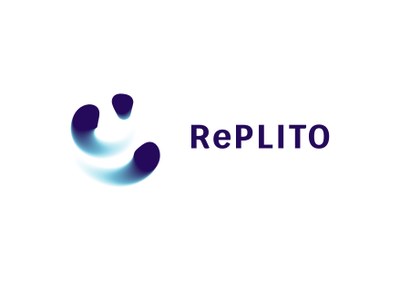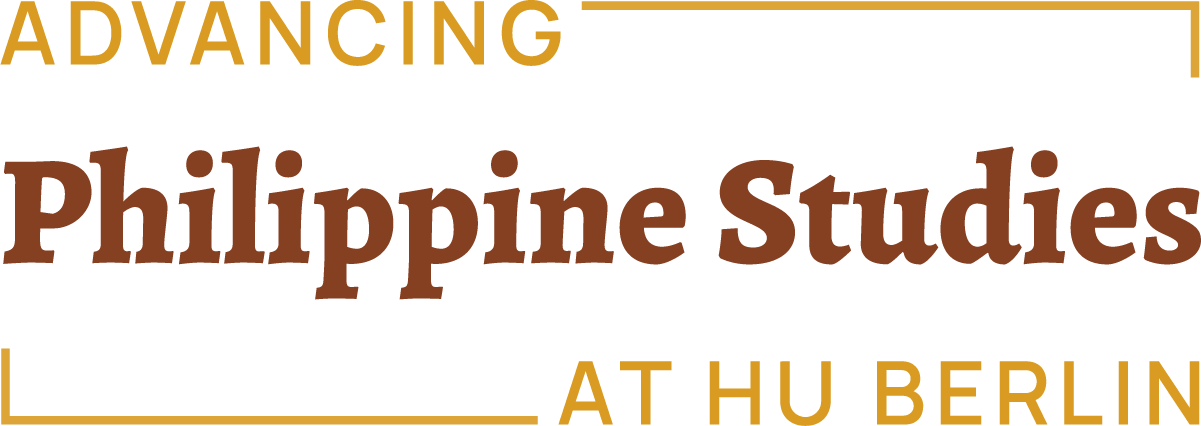Netzwerke
RePLITO: Beyond Social Cohesion – Global Repertoires of Living Together

This 3-year research cooperation is one out of six projects that receive funding by the “grand challenges initiative” under the umbrella of the Berlin University Alliance (BUA). The overarching theme of the initiative is “social cohesion”. Read more on RePLITO here and about the “social cohesion” as a challenging topic here. Consortium members are: Prof. Dr. Schirin Amir-Moazami (FU Berlin, speaker); Prof. Dr. Nadja-Christina Schneider (HU Berlin, co-speaker); Prof. Dr. Sérgio Costa (FU Berlin); Prof. Dr. Kai Kresse (Leibniz-Zenturm Moderner Orient/ZMO Berlin); Prof. Dr. Claudia Derichs (HU Berlin); Prof. Dr. Manja Stephan-Emmrich (HU Berlin); and Dr. Saskia Schäfer (HU Berlin).
Project duration: 2020–2023
co2libri – Conceptual Collaboration: Living Borderless Research Interaction

This research cooperation is seed funded in the framework of the Inaugural Call from the Berlin University Alliances' (BUA) Center for Global Engagement. In the Center's program segment of “multi-stakeholder dialogue”, co2libri members receive financial support for one year, starting in autumn 2020. The funding is used for the implementation of various innovative activities and collaboration formats which all subscribe to the principle of dialogue on equal footing with scholars and activists based in the so-called global South, i.e. in formerly colonized regions. In a nutshell, co2libri aims at producing more adequate and more sensitive critical knowledge, and at applying a fresh view to approach, methods, and ethical standards. The group focuses on alternative frames of reference and theorizations of lived experiences. Read more on co2libri here, and more on the inaugural call and its projects here. Team members of co2libri are: Prof. Dr. Kai Kresse (Leibniz-Zentrum Moderner Orient/ZMO Berlin, lead applicant); PD Dr. Andrea Fleschenberg (HU Berlin, lead applicant); Prof. Dr. Schirin Amir-Moazami (FU Berlin); Prof. Dr. Ulrike Freiag (Leibniz-Zentrum Moderner Orient/ZMO Berlin); Prof. Dr. Nadja-Christina Schneider (HU Berlin); Prof. Dr. Claudia Derichs (HU Berlin); and Dr. Nahed Samour (HU Berlin). Please consult this website entry for upcoming public events of co2libri.
Project duration: 2020–2021
InFACt – Introducing Future Academic Collaboration
InFACt is a bilateral research initiative of members from HU Berlin and the University of Zürich (Switzerland). Both universities are strategic partners. The reserach collaboration is lead by Claudia Derichs (HU Berlin) and Bettina Dennerlein (University of Zürich), and co-lead by Dr. Sarah Farag (Zürich) and PD Dr. Andrea Fleschenberg (Berlin). The wider network consists of a range of colleagues from Europe, Asia, and the Middle East & North Africa. The network initiative receives seed funding for one year (10/2020 - 09/2021). Its main objective is to counter imbalances in global knowledge production and enable context-sensitive, participatory collaboration between scholars and non-academic actors from the said regions. The seed funding is meant to facilitate the formlation of a project proposal for a major research consortium that extends the strategic Swiss-German partnership and includes institutions from a number of European, Asian, and Middle Eastern countries. Read more on InFACt here and keep yourself updated on public events.
Project duration: 2020–2021
Advancing Philippine Studies at HU Berlin

Advancing Philippine Studies at HU Berlin is a third-party funded project that aims to advance and promote Philippine and Filipino/a/x studies at Humboldt-Universität zu Berlin and in Germany. It organises academic events, strengthens the teaching of Filipino and Philippines studies seminars, and builds the Philippine studies collection of the HU-IAAW library. The project is funded by a donation offered to the University through the Office of Senator Loren Legarda and the Philippine Embassy in Berlin. It is implemented with full academic, strategic, and operational control by the University.
Project duration: 2019–2021
Project leader: Dr. Rosa Cordillera A. Castillo
More information: Website, Facebook
Philippine Studies Series Berlin

Formed in December 2014 by Rosa Cordillera Castillo, the Philippine Studies Series Berlin is a leading platform for lectures, discussions, and art and film events regarding the Philippines, Filipina/o/x, and the diaspora. It has featured some of the most influential Philippine studies scholars and helped set up the first Philippine film festival in Berlin in 2015. It is run voluntarily by students, scholars, artists, activists, and community members.
More information: Facebook
DORISEA (2011–2015)

Das Kompetenznetz “Dynamiken von Religion in Südostasien” (DORISEA) ist ein durch das Bundesministerium für Bildung und Forschung (BMBF) geförderter Forschungsverbund, der am Institut für Ethnologie der Universität Göttingen koordiniert wird.
Wissenschaftlerinnen und Wissenschaftler der Universitäten Göttingen, Hamburg, Münster, Heidelberg und Berlin (HU) untersuchen in mehreren Projekten den Zusammenhang von Religion und Moderne in Südostasien.
Das komplexe Neben- und Miteinander unterschiedlicher Kulturen und Religionen ist in Südostasien besonders ausgeprägt. Religionen entwickeln hier eine besondere Dynamik und gestalten Modernisierungsvorgänge ganz wesentlich. Zu beobachten ist nicht das Schwinden von Religion, sondern ihre Intensivierung. Die Forschungen des Kompetenznetzes konzentrieren sich auf drei Dimensionen religiöser Dynamiken: Praktiken des Religiösen, Politisierung von Religion und Kollisionen moralischer Ordnungen.
Projektzeitraum: 2011–2015
Weitere Informationen: Website

